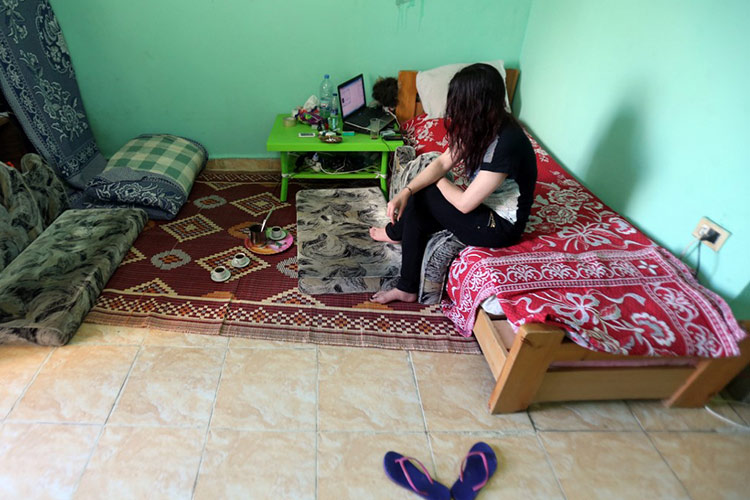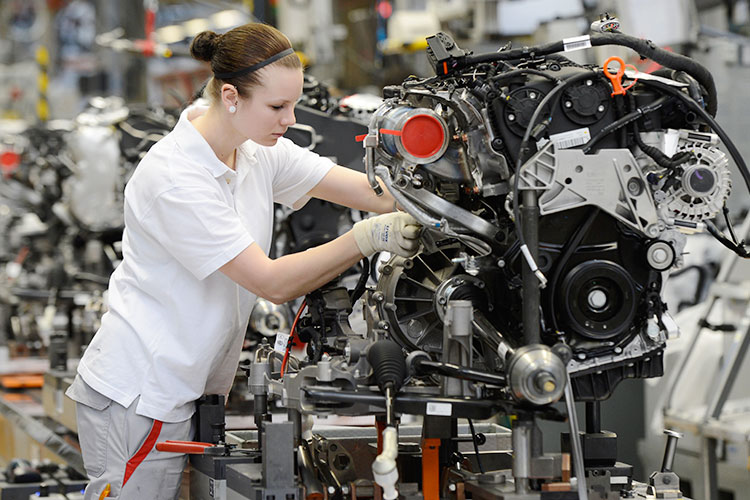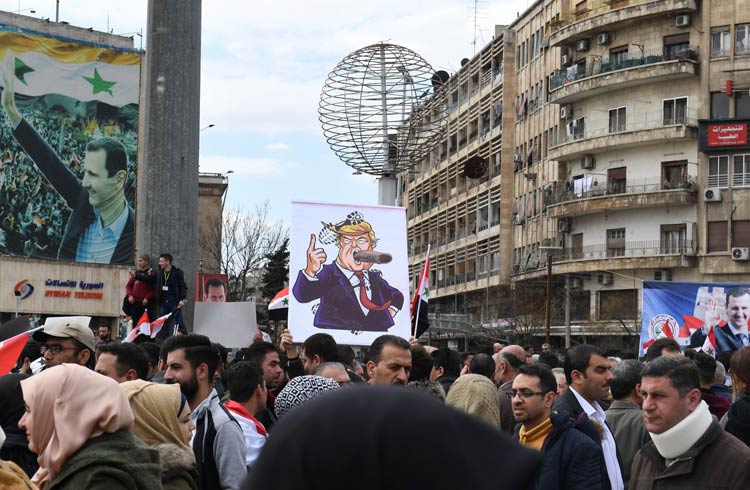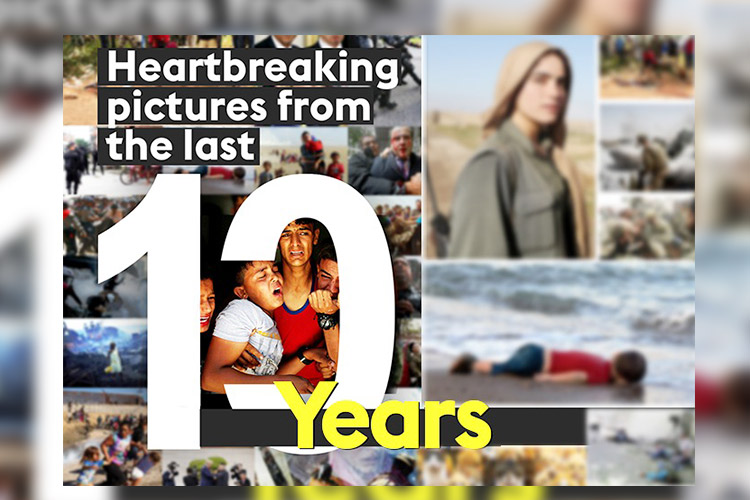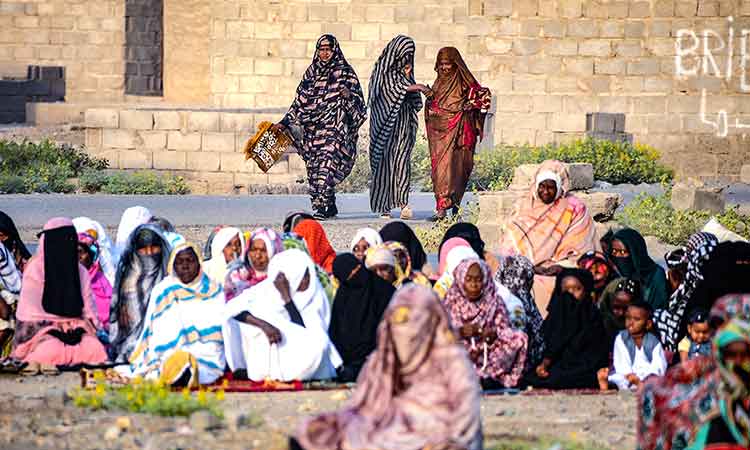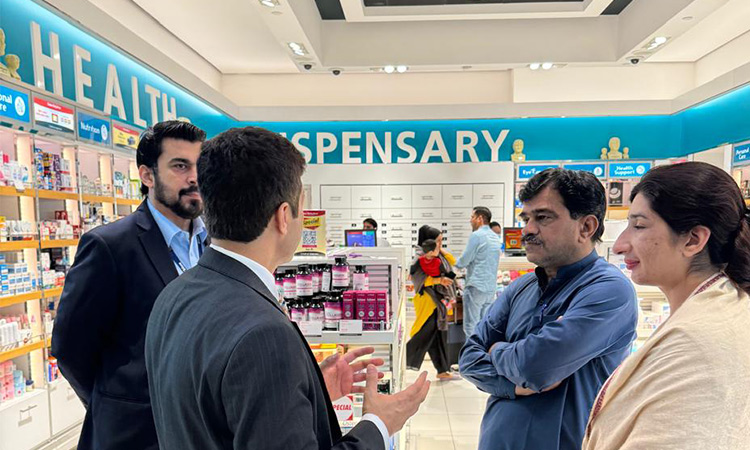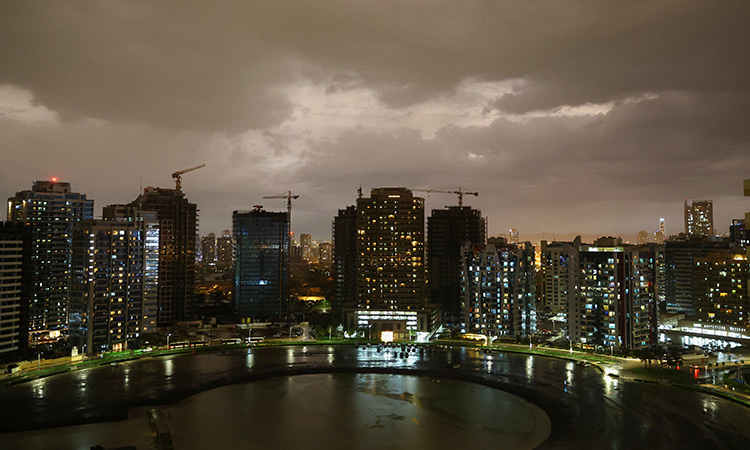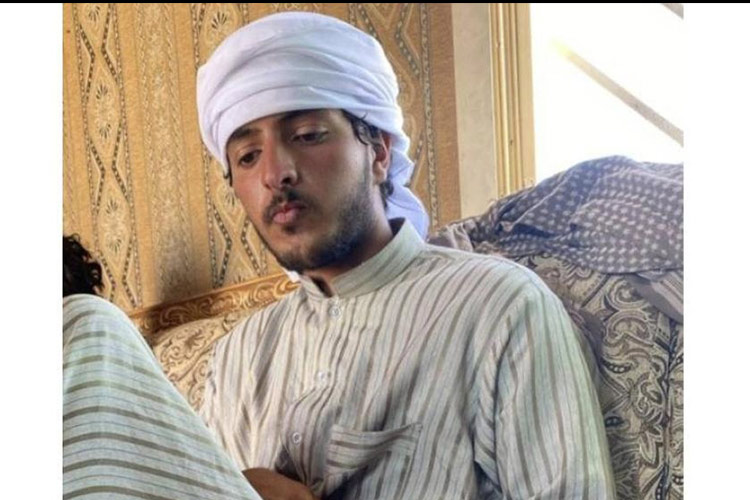Anti-trafficking campaign 'I am not for sale' grabs global attention
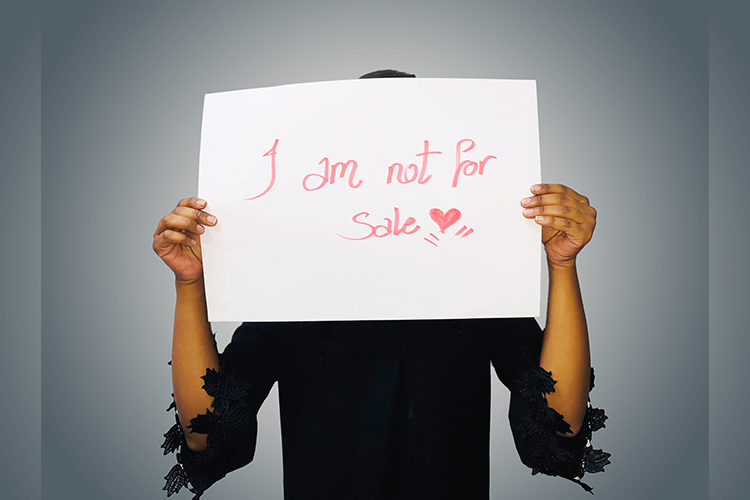
The photo has been used for illustrative purposes.
Nigeria's anti-trafficking agency has rolled out its 'Not for Sale' campaign, which has grabbed global attention once again, highlighting the cruelty of human slavery and widespread exploitation.
The campaign has adopted a new approach to prevent women's exploitation abroad by sharing inspirational stories of women who made it home. The 'Not for Sale' campaign features women who talk about how they were tempted by Europe but instead pursued their dreams and found success in Nigeria, and highlights the savagery committed by exploiting helpless human beings into the world of dirty trade.
Thousands of women and girls are lured to Europe each year by the promise of work, but end up trapped in debt bondage and forced to sell sex, the United Nations says.
Most prevention campaigns in Nigeria have focused on the horror stories and dangers of trafficking, but this has proved ineffective, said Richard Sandall of Britain's Department for International Development (DFID), which is supporting the campaign.
"As we were developing this proposal we began to hear stories that actually these negative stories were almost reinforcing the urge to go," said Sandall, who works on anti-slavery activities in Nigeria.
Sandall said suffering was seen as a kind of sacrifice or rite of passage.
According to Anti-Slavery International, one of the oldest international human rights organisations in the world, 51 per cent of identified victims of trafficking are women, 28 per cent are children and 21 per cent men.
72 per cent people exploited in the sex industry are women.
63 per cent of identified traffickers were men and 37 per cent women. 43 per cent of victims are trafficked domestically within national borders.
A sex trafficking victim sits in her safehouse at an undisclosed location. AFP
UN Secretary-General Antonio Guterres said extremist groups have systematically subjugated hundreds of thousands of women to slavery, sexual exploitation, kidnapping, trafficking and other horrific ordeals.
Speaking at a meeting of the Group of Friends of Preventing Violent Extremism, a group co-chaired by Jordan and Norway and launched at the UN Headquarters in September 2017, he said that groups like Daesh, Boko Haram and others were responsible for such ordeals.
"What is common to these and many other groups that spread terror is the specific targeting of women's rights," Guterres said.
"It is no surprise, then, that a sudden and extreme pushback on women's rights is often among the earliest warning signs of the spread of violent extremism.
"Our focus is on how to defend the rights of women, place their voices and expertise at the centre of our strategies, and work together with them to limit and prevent violent extremism," he said at the UN Headquarters.
The Secretary-General said that many of the UN entities are integrating gender dynamics into their responses.
In Nigeria, the UN has helped establish a gender desk as part of national counter-terrorism and prevention of violent extremism efforts, which recruited additional female investigators. In North Africa, the UN is supporting national institutions to research the gender specific dimensions of violent extremism, Guterres said.
Agencies
